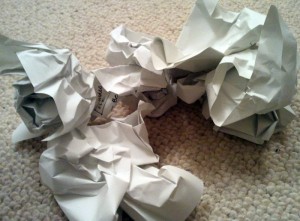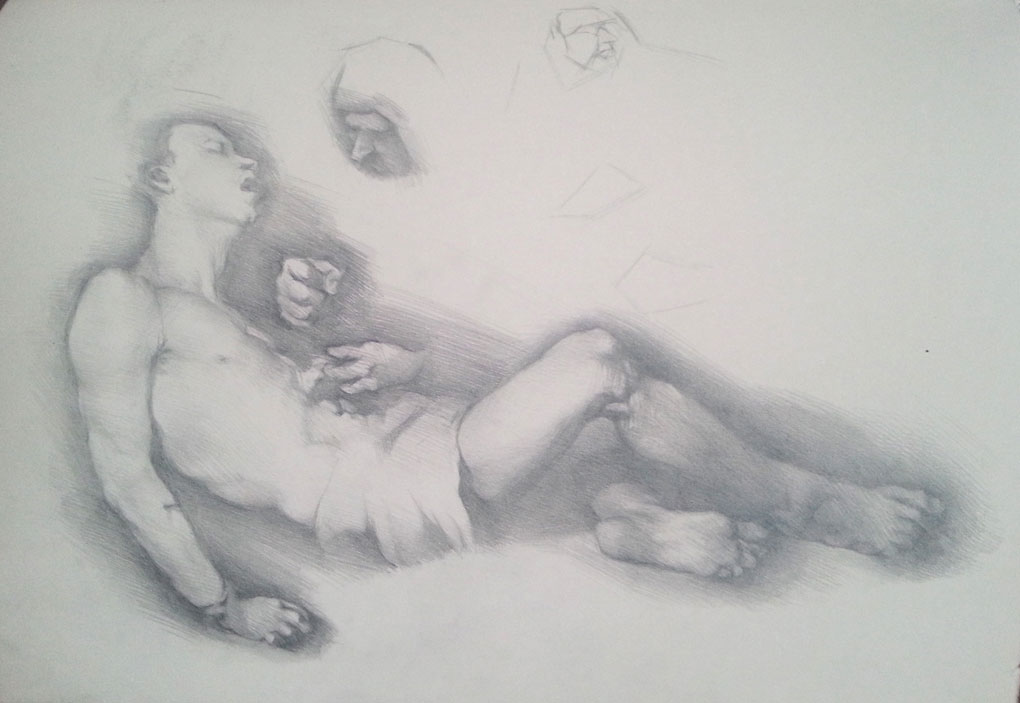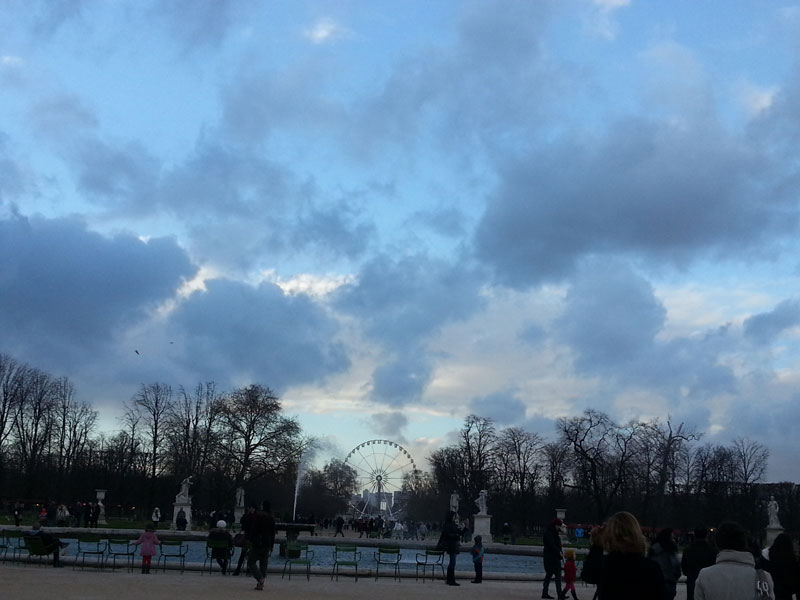When I was first considering atelier study I was concerned that I wouldn’t have the necessary self-discipline. I did an introductory summer course at the atelier and discovered that the process was far more involving and more powerful as a learning tool than I ever could have imagined. Now I’m back there full time, the gloves are off, it’s winter, I’m tired and I hate commuting. I’ll be honest, yes, self-discipline is an issue (but in a good way – by the time I’ve finished with it).
I can always find the energy to draw but it’s hard sometimes drawing to someone else’s agenda. (I’m surprised to find that I have a distinct one of my own.) Someone had cause to remark to me the other day, that if you are not struggling, you are not trying hard enough. I’m struggling, so I thought I’d compile a list of what to do, strategies for when it’s just not working. This post has been tested the hard way!
What to do when it’s not working
This is my top 6 list of things to do when things really aren’t going to plan. It’s a mix drawing specific and general advice that has been offered to me and things I have discovered:
- Take a break; make tea, get some air, rest your eyes. Really I know I should be doing these things regularly anyway but add more when the going gets tough. Don’t let breaks coalesce into just not doing anything. Take a good break then get back to work.
- Set a short time for a specific focus: I am going to do X (current task) for say 20 minutes and really focus, give it your whole attention, just for that short time. I often find that by the time I have done that my engagement with, and enthusiasm for, whatever I was doing have returned.
- Make drawing into something else. Imagine it was a meditation and the unending task is to give all of your resources and attention to your drawing for the allocated time. This is a powerful development of setting a specific focus.
- Change how you view the drawing, this is a great one. It’s pretty well worn advice for cast drawing, for the good reason that it really works. Use a mirror (in various orientations, each of which will give you a different view), step back out of sight size, swap the features that you have been focussing on, e.g. if you were drawing shadow shapes, swap to light shapes. You can also abstract this idea; look for different relationships, e.g. lines of movement or direction of gaze. Even notice how it feels, sad, peaceful, angry etc, does your drawing feel the same?
- Step back in your process. If your drawing is going badly it often means something went off course earlier that you didn’t spot. So return to the previous stage of the task, or as far back as necessary.
- Dealing with anger and frustration. This is where I really struggle: I can’t do it, it doesn’t work, it won’t fit. So-and-so said such-and-such, but this, but that etc, etc ( cue stamping of feet and behaving like a 5 year old). This seems to be the most difficult one to counter. People have suggested a few things, a favourite food or drink seems to be a popular tactic. I think it helps to know that everyone has this problem….especially judging by the wide range of foods and drinks that were suggested. It isn’t just me. Or you. This is supposed to be hard, you are supposed to be finding it difficult now.
Maybe this is the most important lesson because if you don’t get past this one it’s hard to learn much else.
If none of this helps, or if like me you are now just too wound up to find anything helpful, don’t worry. The worst case scenario is a bad drawing, it’s not fatal. In reality you may just be having a bad day. Look on the bright side, tomorrow or next week is likely to be better.
Or take heart that although it might not be much fun at the moment you’re probably learning loads, now just work out what you’ve learnt. Take a minute to remind yourself why you are here and how lucky you really are.






Thank you for point 6. in particular. I started a class last week and felt frustrated and fed up trying to sketch a huge painting at the National Gallery in London and everyone else in the class seemed to be having a great time!!!